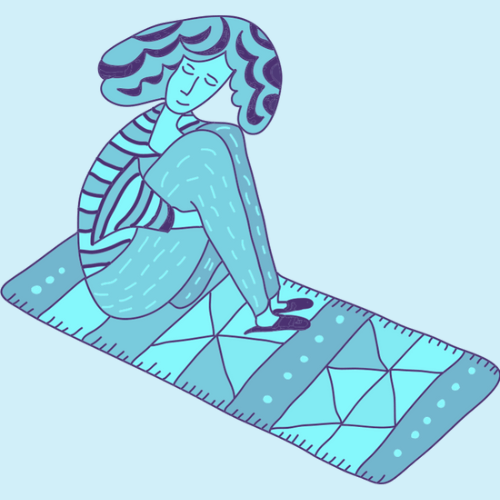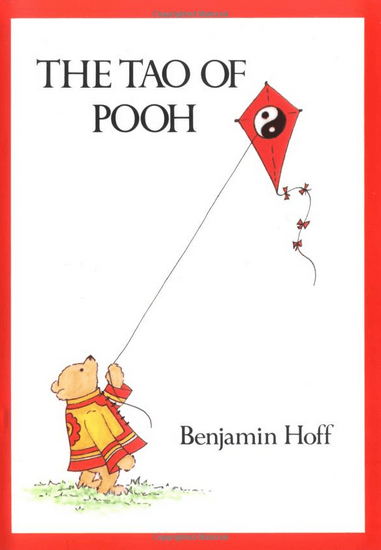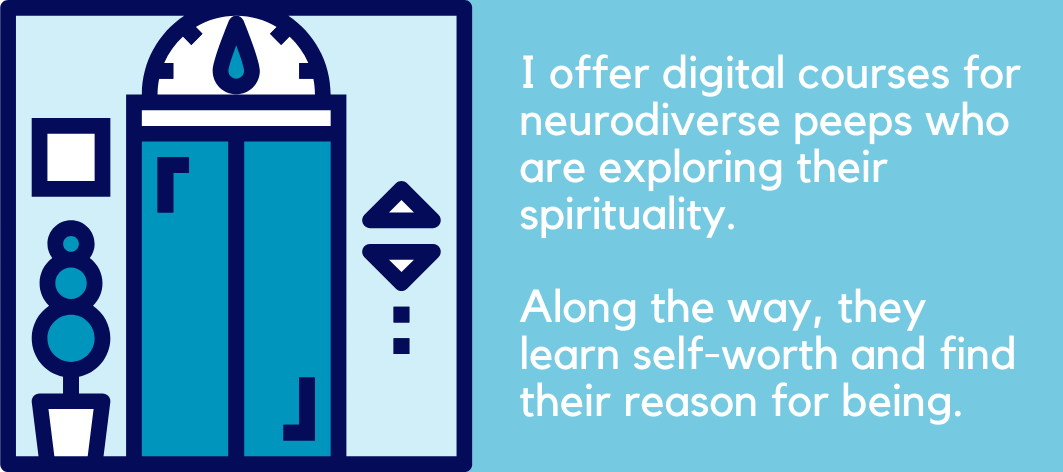The five 'baddies' in many paths, and why they're relevant to your life
BY ELIZABETH JEWELL STEPHENS
This morning in my contemplation I was thinking about how fear, and especially fear of moving forward, is the outcome of ‘not-enoughness’. Then I thought of other problems that might have the same root cause. I came up with addiction at first—such a hard problem for society, or anyone, to solve, yet could it be the result of feeling unworthy? I think so. Then I thought about the five mind hindrances, or passions of the mind: lust, anger, greed, attachment, vanity. I realised that, if you drill down, you’ll find ‘not-enoughness’ at the bottom of those too.

What do various religions say about this?
So I went on a search for various paths’ understanding of these hindrances, and came up with this:
Sahaja Yoga identifies six enemies of the soul: lust, anger, greed, attachment, jealousy, vanity — they’ve added jealousy when I would have thought it could perhaps just as easily be distributed amongst lust, greed and attachment, but maybe they cite jealousy as it is an easier word to relate to, and it's pretty important to acknowledge.
In Eckankar lust, anger, greed, attachment and vanity are known as the five passions of the mind.
In Sikhism, they refer to five thieves (thieves because they steal common sense): lust, wrath, greed, attachment, excessive pride.
Generally in Vedic literature, these same five vices of the mind are cited.
In Buddhism, the five hindrances or obstacles to meditation and the quiet mind are, according to Wikipedia:
- sensory desire (seeking pleasure through the five senses of sight, sound, smell, taste and physical feeling);
- ill-will (feelings of hostility, resentment, hatred and bitterness);
- sloth and torpor (half-hearted action with little or no effort or concentration);
- restlessness and worry (the inability to calm the mind and focus one's energy);
- doubt (lack of conviction or trust in one’s abilities)
All of these various religions seem to want people to eradicate them in one way or another – and emptying the mind is high on the list.
But emptying the mind is not easy, to say the least
However, Harold Klemp, says that the Western mind is not cut out for that. In his book, The Golden Heart, p.85, he says, “In meditation you sit down, become still, go within, and just wait; whereas in contemplation you sit down, become still, go within, and use the creative imagination to do something.” I guess that's like a guided meditation, but you're reading it for yourself, instead of having someone read it out to you.
Your boring old aunt to the rescue
I’ve made this ‘card’ to help you to refer to it every time you get a visit from ‘not-enoughness’ and to aid you in your brain makeover.
You are free to download it and print it for your personal use, but please be honourable and leave my copyright line intact.

BTW, cards like the above are used in all my courses. Images have been proven to be more memorable than just words.
Striving for perfection is a big no-no IMO
Some religions recognise that we are never going to be perfect. I’ve got to agree with that.
But, hang on! They say we should nonetheless strive for it – and I cannot agree with that. Why?
I guess there’s a fine line between doing our best and striving for perfection but, from my experience, the latter always ends in imperfection, coupled with guilt. If not guilt, I'm left in some way feeling bad about myself for not being good enough.
And now we’ve come full circle – we’re back with ‘not-enoughness’ again.
Well, I can’t speak for you, but I’m back there again.
My remedy
For me, the remedy is not to aim for perfection and not to try to eradicate ‘not-enoughness’, but to be the best we can be each day. And it’s certainly not to do dreadful contemplations on how loathsome the body is (a method used by some monks to try to distance themselves from bodily desires); and not even to clear the chakras, though that certainly does not hurt of course, and it probably feels good for quite a while.
Some paths say we should not allow our minds to make meaning of events in our lives. That sounds good in theory, but I don’t have a way to ground that, i.e., personally, I want something positive to act on, even a recipe.
Acceptance
For me, it is to simply accept that we are human, warts and all, and accept that we may have visits from ‘not-enoughness’ all our lives. It is the result of our stories of the things that have happened to us to make us feel ‘less than’. We’re given these rough patches, or even boulders blocking our path, as gifts. Yep! They’re gifts to work with, to accept, as we polish these roughnesses into smooth pebbles or even gems.
You are actually a HIT
One of the ways I have gradually lessened the effect of this feeling of inadequacy is to rewrite my mind’s programming.
The way to do this is to remind yourself as often as you can during the day that you are actually enough, and that you are even a HIT (Marlyse Carroll’s acronym for a Human in Training).
Remember that the goats took ages
As we now know, thanks to Norman Doidge and others, the brain does rewrite itself. It’s just a matter of repetition.
I liken it to goats that take a path on the side of the hill. It becomes deeper and wider, people tread the same path, and one day it becomes a road, but it takes time. Same with your brain.
Don’t give up – or the brain gets a mixed message and stops rewiring. See the 'boring old aunt' on this page for help with this.
Spiritual on the Spectrum
Box DD, 54-58 Lipton Drive
Thomastown, VIC, 3074.
elizabeth@spiritualonthespectrum.com
Honouring the spirit of reconciliation in Australia...
We acknowledge the Wurundjeri Woiwurrung People of the Kulin Nation as the traditional custodians of the land on which we live and work (Maroondah region). We honour all First Nation's people's culture and connection to land, sea, and community, and respect their unique ability to care for Country, and their deep spiritual connection to it. We pay our respects to their Elders, past, present, and emerging.
© Copyrights by Elizabeth Jewell Stephens, Elizabeth.fyi & SpiritualOnTheSpectrum.com. All rights reserved.


